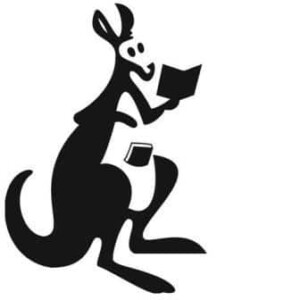
Pocket Books, a well-known paperback division of publishing mainstay Simon & Schuster, operated as two separate imprints for years, Pocket Books and Pocket Star, in order to avail itself of the opportunity to place more authors’ works in front of the right audiences. But in early 2012, Pocket Star adapted its previous print-only business model to become a digital-first publisher due to the volume of work coming in that was ideally suited for the ebook format.
What makes a book right for digital first? Louise Burke, publisher for Gallery Books and Pocket Star, explained to GoodeReader why appearing on the market as an ebook from the start may be the right avenue for some books, especially in a publishing climate that is foretelling gloom for debut authors.
“I’ve been seeing more acquisitions come in that are perfect for e-only or digital first,” exaplained Burke. “So much of the business has moved to electronic, and I was seeing these mostly debut authors who were coming in with really good work, but they really weren’t ready for print because no one knew who they were yet. Their books would just get lost. So we came up with the idea of turning Pocket Star into an e-first imprint with the hope of finding authors who could eventually go on to print as well.”
“It was very easy to find books and find authors and agents who were willing to try e-only because, as with what’s going on for self-published authors, they felt they got the benefit of being with a publisher and they got all the services a publisher provides, and yet they get to try their hands at selling books in e-format. They can play with prices and put their books all the places ebooks are going. In addition to that, we have authors who want to use the e-format to spur sales of their print and ebooks. Bestselling authors can write a novella and we can use that prior to the publication of their next work. That would be a way of expanding their universe and we have many authors willing to do that.”
Some bestselling authors are happy with their success and don’t feel the need to alter their methods when it comes to their standard titles, but some of those same authors are enjoying the opportunities that ebook-only and digital-first publishing affords, such as the chance to experiment with switching genres or exploring with new types of writing.
The value of an agent or publisher, despite the access more authors have to the chance to digitally publish, is something that Burke is seeing more authors—even indie authors—realize.
“I’ve seen self-published authors realize the value of an agent and a publisher. They’re starting to understand that there’s a lot out there. And even though there are absolutely some examples of people who made it on their own, it quickly got crowded. The value of an agent comes pre-ordained, as they say to their clients, ‘We’re going to make sure that we explain the business, we’re going to make sure that we conduct the auction properly, we’re going to make sure we get offers from all the major houses.’ I’m not saying that an author can’t do this on their own, but at the end of the day, don’t they just want to write?”
Mercy Pilkington is a Senior Editor for Good e-Reader. She is also the CEO and founder of a hybrid publishing and consulting company.